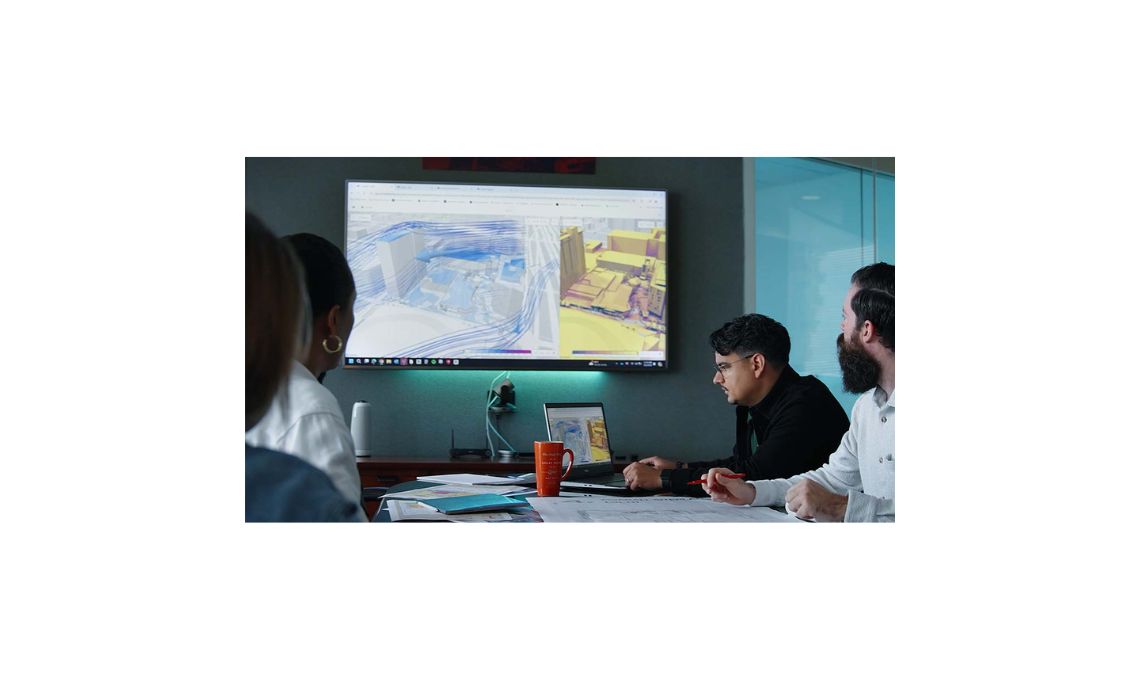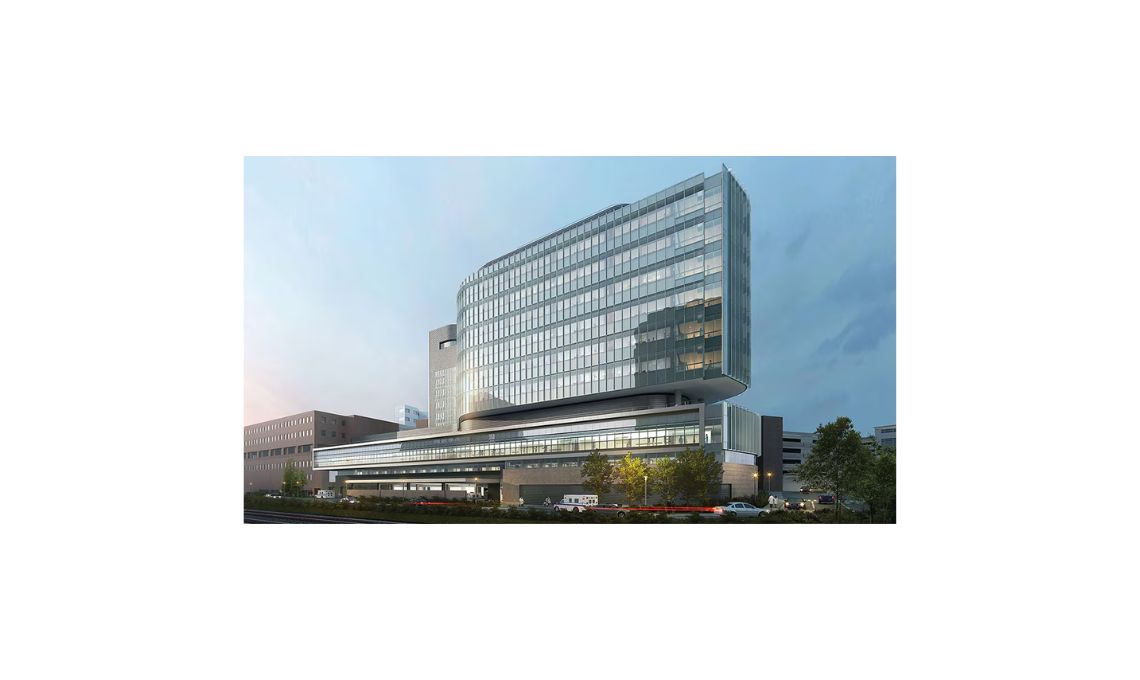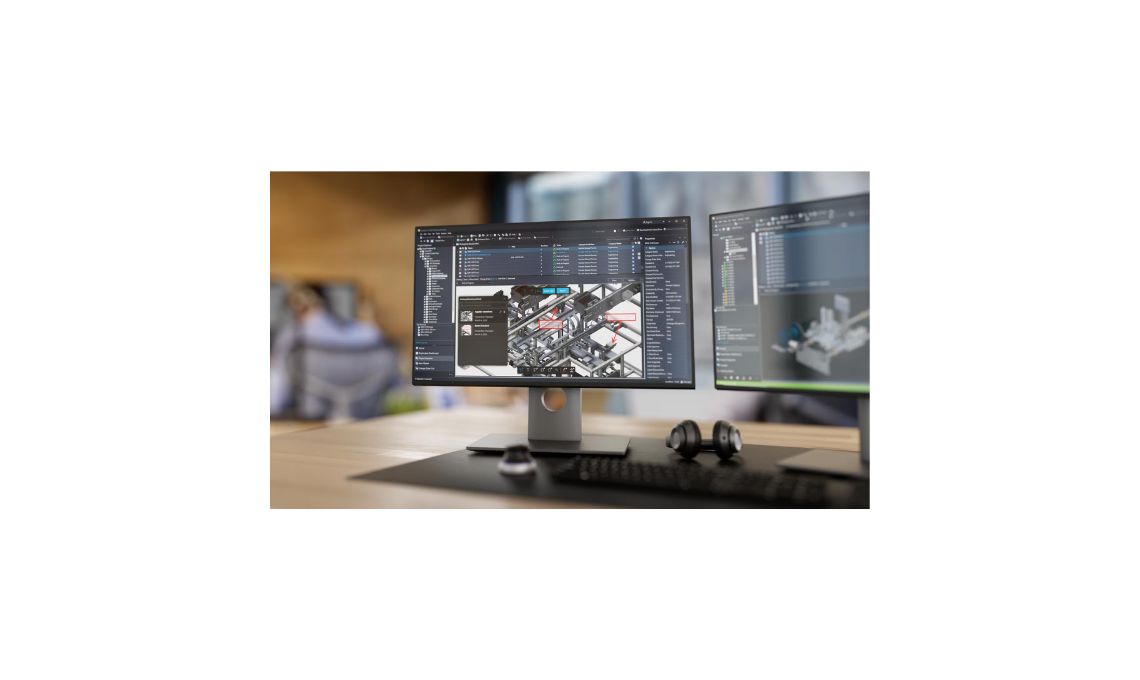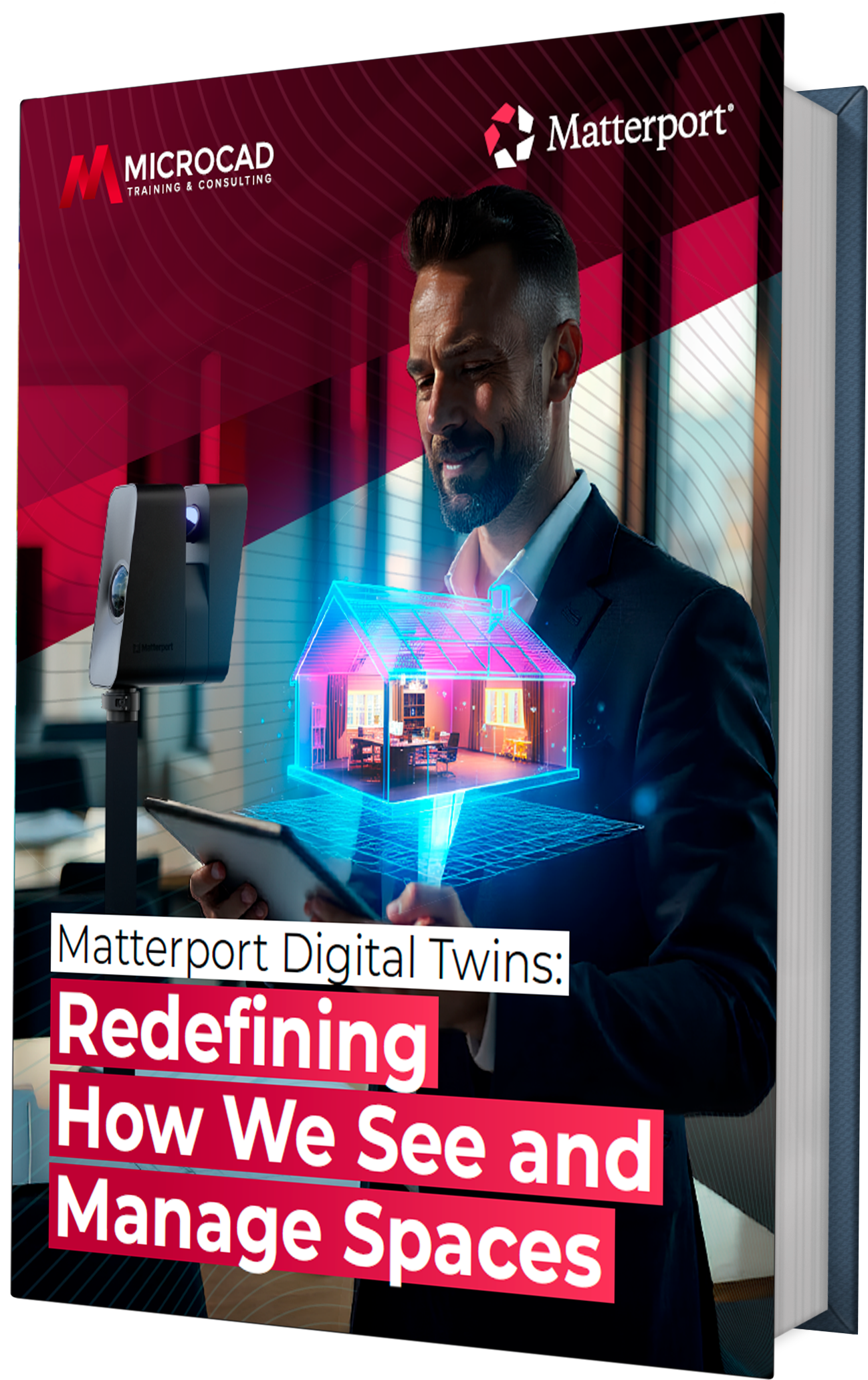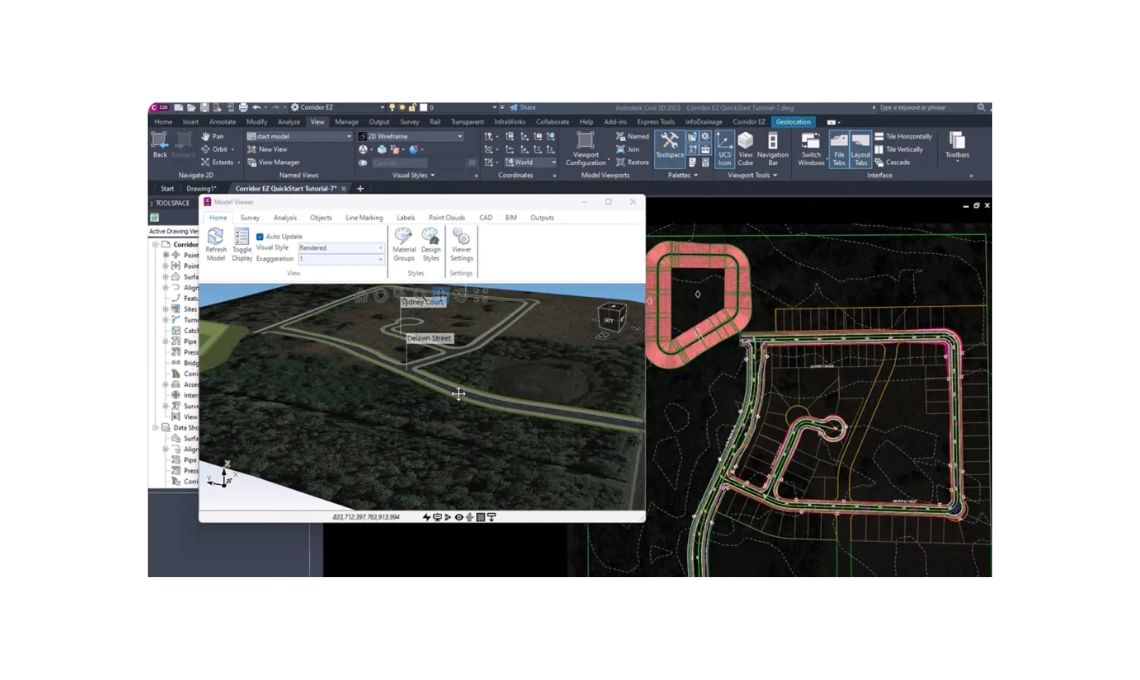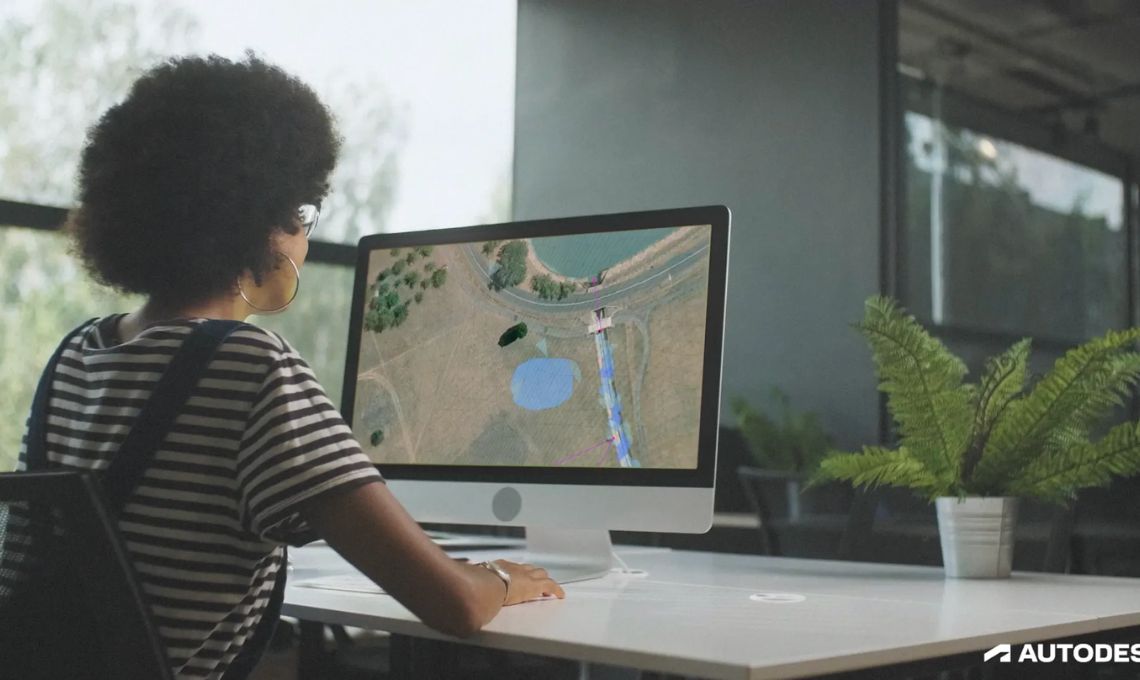In the ever-evolving construction world, sustainability has emerged as a paramount concern. The industry is turning towards innovative solutions with the pressing need to minimize environmental footprints and enhance efficiency.
Autodesk Forma, a beacon of innovation in sustainable construction, leads the charge in this transformative era. Drawing from the profound insights of Design & Make Report-Sustainability, this article delves into the crucial role of Autodesk Forma in shaping a sustainable future in construction.
We explore the unique features and data-driven analyses that Autodesk Forma offers, enabling stakeholders to integrate sustainability into every facet of the building process.
The Imperative of Sustainability in Construction
The construction sector stands at a crossroads, with sustainability being not just a choice but a necessity. The environmental impact of building projects, from resource consumption to carbon emissions, has spurred a global call for change.
Autodesk Forma is a pivotal tool in this context, providing the framework for sustainable design and construction practices. It empowers architects, developers, and planners to make informed decisions that comply with environmental standards and pave the way for innovation in sustainable building.
Autodesk Forma: A Suite of Sustainability Solutions
Autodesk Forma is more than just software; it’s a comprehensive ecosystem that fosters sustainability. With its suite of solutions, professionals can harness the power of data-driven insights to visualize the real-time impacts of their design choices on environmental factors.
This capability is instrumental in delivering projects that are not only smarter but inherently sustainable. Autodesk Forma ensures that every decision contributes to a more sustainable outcome by enabling seamless integration of sustainability considerations from the onset.
Data-Driven Insights for Informed Decision-Making
At the heart of Autodesk Forma’s appeal is its ability to provide real-time, data-driven insights. This feature is a game-changer, allowing teams to instantaneously assess the sustainability implications of their design choices.
Whether it’s energy consumption, material efficiency, or carbon footprint, Autodesk Forma equips professionals with the information needed to make decisions that align with sustainability goals. This level of insight is invaluable in a sector where every choice can have significant environmental repercussions.
Empowering Stakeholders Across the Spectrum
Autodesk Forma’s impact is not limited to architects and planners; it extends to all stakeholders involved in the construction process. Real estate developers, for instance, can leverage Forma’s insights to optimize their projects for sustainability and profitability.
By embedding sustainability into the core of project planning and execution, Autodesk Forma ensures that all parties work towards a common sustainable development goal.
Strategies for Decarbonization and Sustainability
The journey towards sustainable construction is fraught with challenges, particularly in decarbonization. Insights from industry leaders, as highlighted in the Design & Make Report, shed light on effective strategies to encourage the adoption of sustainable practices.
The consensus is clear: decarbonization begins with a commitment to the planet. If environmental considerations are not persuasive enough, the economic benefits of sustainability, from cost savings to enhanced reputation, serve as compelling incentives for companies to embrace green initiatives.
The importance of digital sustainability tools in decarbonization
In the quest for a more sustainable future, the focus on decarbonization within the construction industry has never been more critical. This Report, “Spotlight on Decarbonization: The Crucial Role of Mindset and Technology in Leading Industries to Decarbonize,” delves into the significance of sustainability for business leaders, identifies the key barriers hindering companies from taking action, and explores actionable steps for meaningful decarbonization. A pivotal question emerges: How important is sustainability to those at the helm of industry?
The findings reveal a complex landscape: while nearly all respondents acknowledge the importance of decarbonization, many report a lack of available tools to address this issue. Yet, the actual deployment of digital solutions for sustainability paints a more optimistic picture, with many companies actively leveraging technology to meet their green goals.
Autodesk Forma, Autodesk’s industry cloud for Architecture, Engineering, and Construction (AEC), provides a compelling insight into how companies utilize digital sustainability tools.
With features like microclimate analysis, which allows for designing sustainable outdoor spaces based on climate data and environmental conditions, Autodesk Forma is at the forefront of this technological revolution.
The Economic and Reputational Value of Sustainability
Sustainability is not just an environmental consideration; it’s a strategic business decision. Leaders in the field emphasize the long-term economic benefits of sustainable construction, from reduced operational costs to increased asset value.
Moreover, a solid commitment to sustainability enhances a company’s reputation, attracting more business and fostering a positive public image. Autodesk Forma is instrumental in this regard, providing the tools needed to articulate and realize sustainable construction’s economic and reputational advantages.
Conclusion: Autodesk Forma as a Catalyst for Change
Autodesk Forma stands at the forefront of the sustainable construction revolution, offering tools that empower professionals to design a better future. Its data-driven insights and comprehensive solutions enable stakeholders to embed sustainability into every stage of the building process.
By fostering informed decision-making and encouraging the adoption of decarbonization initiatives, Autodesk Forma is not just a tool but a catalyst for change in the construction industry.
As we move forward, integrating Autodesk Forma into construction practices will undoubtedly play a pivotal role in shaping a sustainable and prosperous future for all.

